Ultimately,Strauss and Oppenheimer’s feud continued to hurt them a decade after it started.
According to the film, the two meet at Princeton and have an immediate dislike for one another.
Then, a disagreement soon after only serves to make their enmity worse.
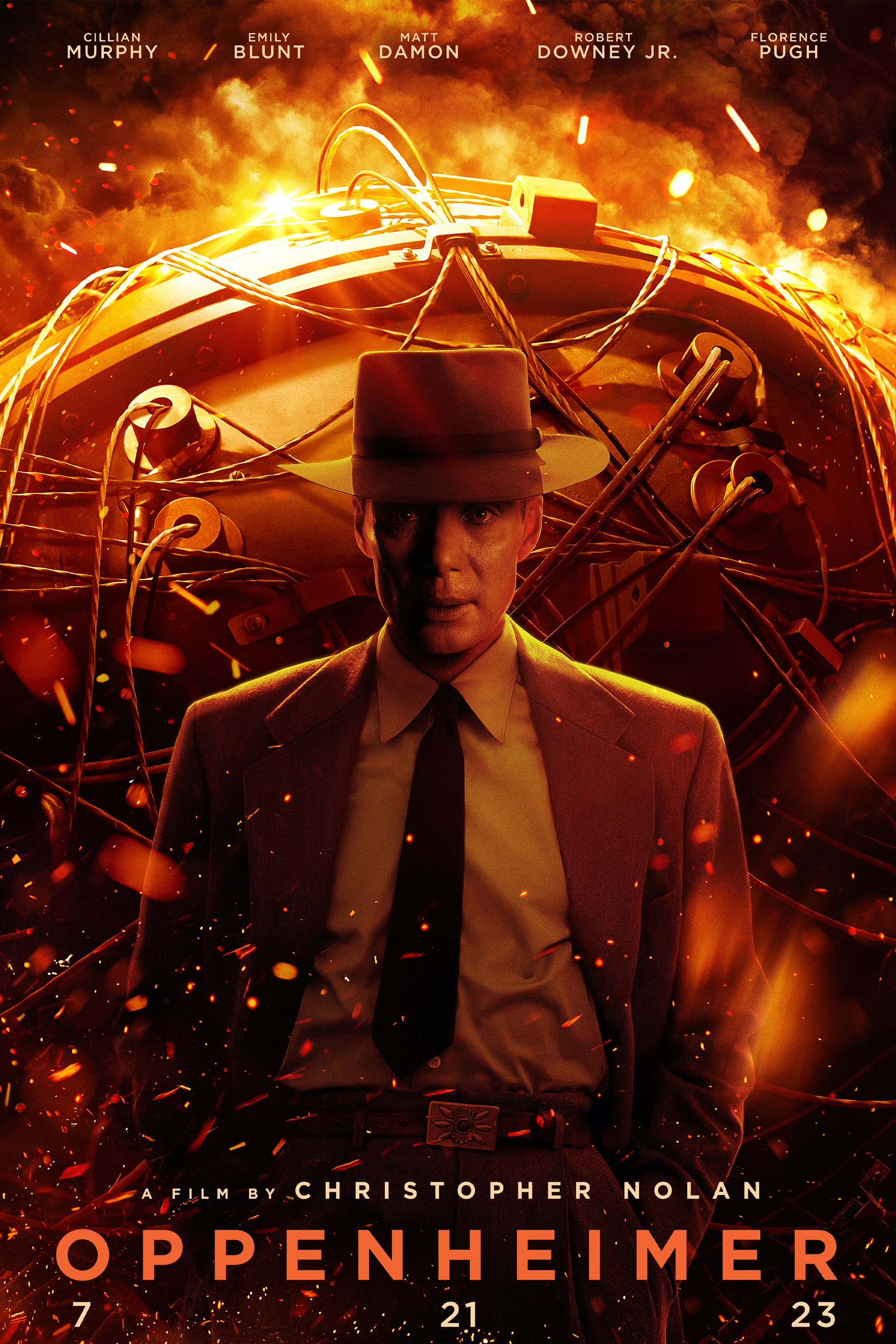
This leads to Lewis Strauss activelytargeting Oppenheimer later in his lifevia the intense AEC hearing.
And finally, at theend ofOppenheimer,Strauss' hatred of Oppenheimer prevents him from getting a prestigious job.
Notably, Strauss had also been considered for the position, butOppenheimer won against him.
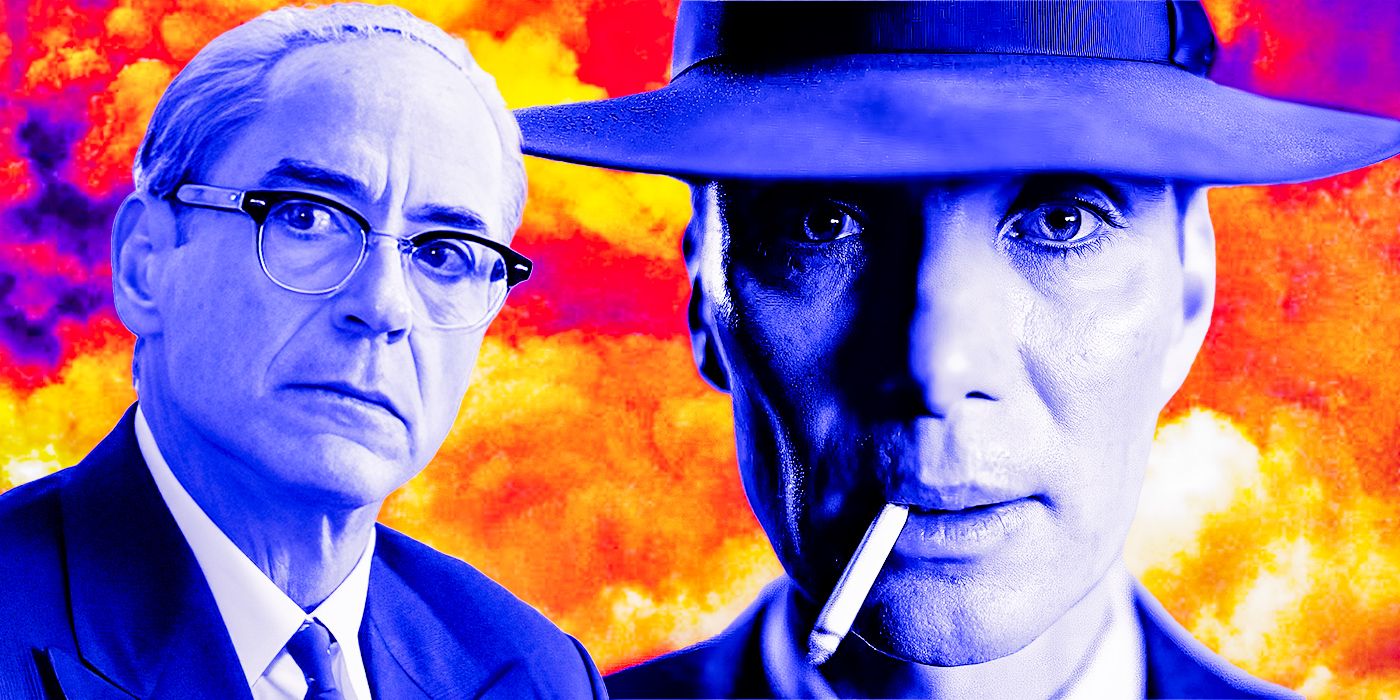
Furthermore, in terms of certain decisions on nuclear policy,the two were opposed as well.
Oppenheimer was the group’s chair, and it existed under the rule of the AEC.
Ultimately,the hearing led to Strauss' utter embarrassment.
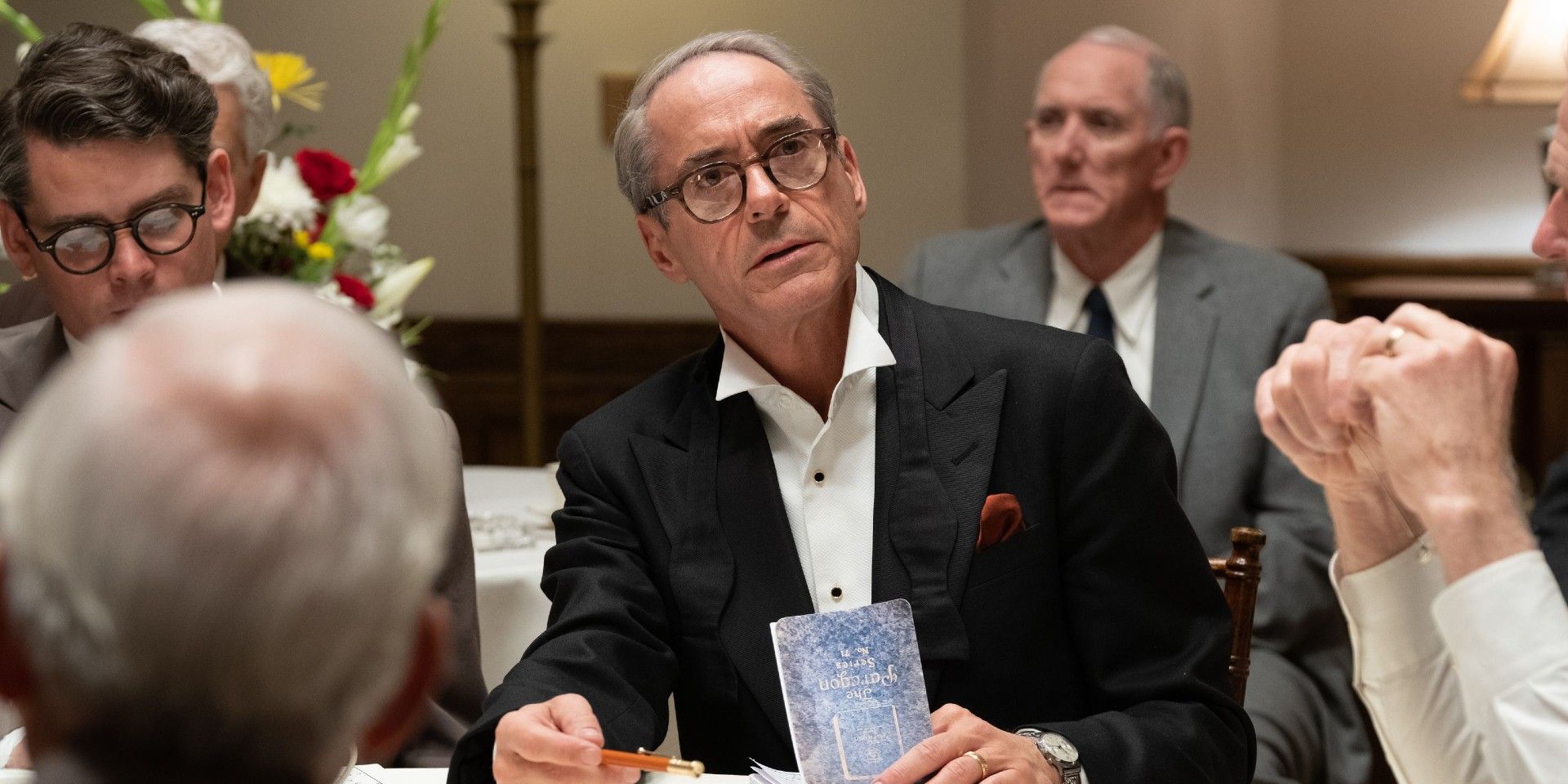
Oppenheimer is a film by Christopher Nolan, which follows the theoretical physicist J. Robert Oppenheimer, the man behind the atomic bomb. Cillian Murphy will play the titular role, with the story based on the book American Prometheus: The Triumph and Tragedy of J. Robert Oppenheimer by Kai Bird and Martin J. Sherwin.
As a result, Strauss never forgave Oppenheimer and attempted to ruin him for good.
In Christopher Nolan’sOppenheimer,the word “vitamins” in the above quote is changed to “sandwich.”
Presumably, this change was made to make the remark seem even more flippant against Strauss.
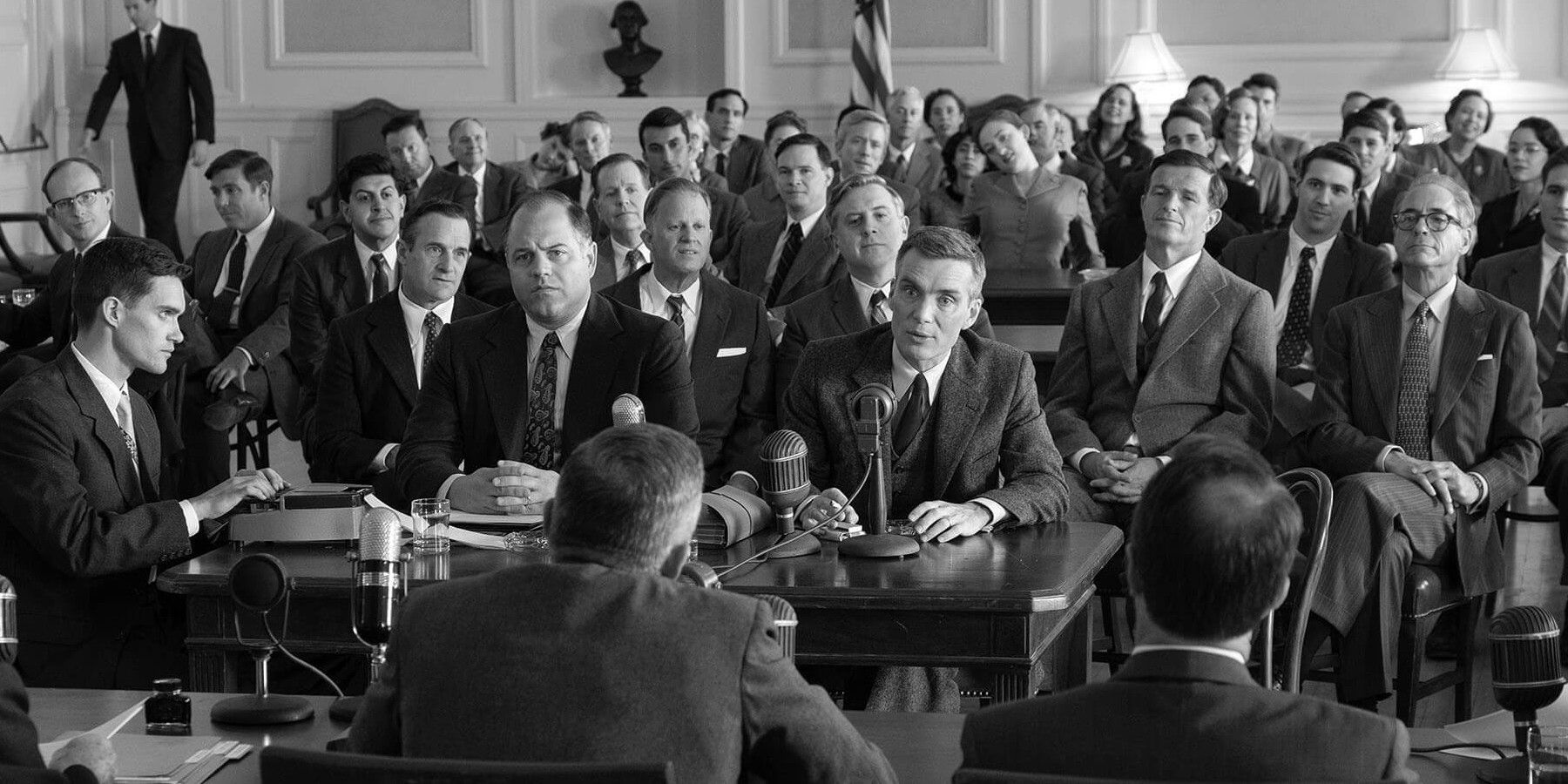
During the early 1950s, Strauss used his position as AEC chairman to keep tabs on Oppenheimer.
The hearing was completely orchestrated by Strauss, who did everything he could to render Oppenheimer’s defense useless.
In 1958, Strauss entered the running to become the Secretary of Commerce.
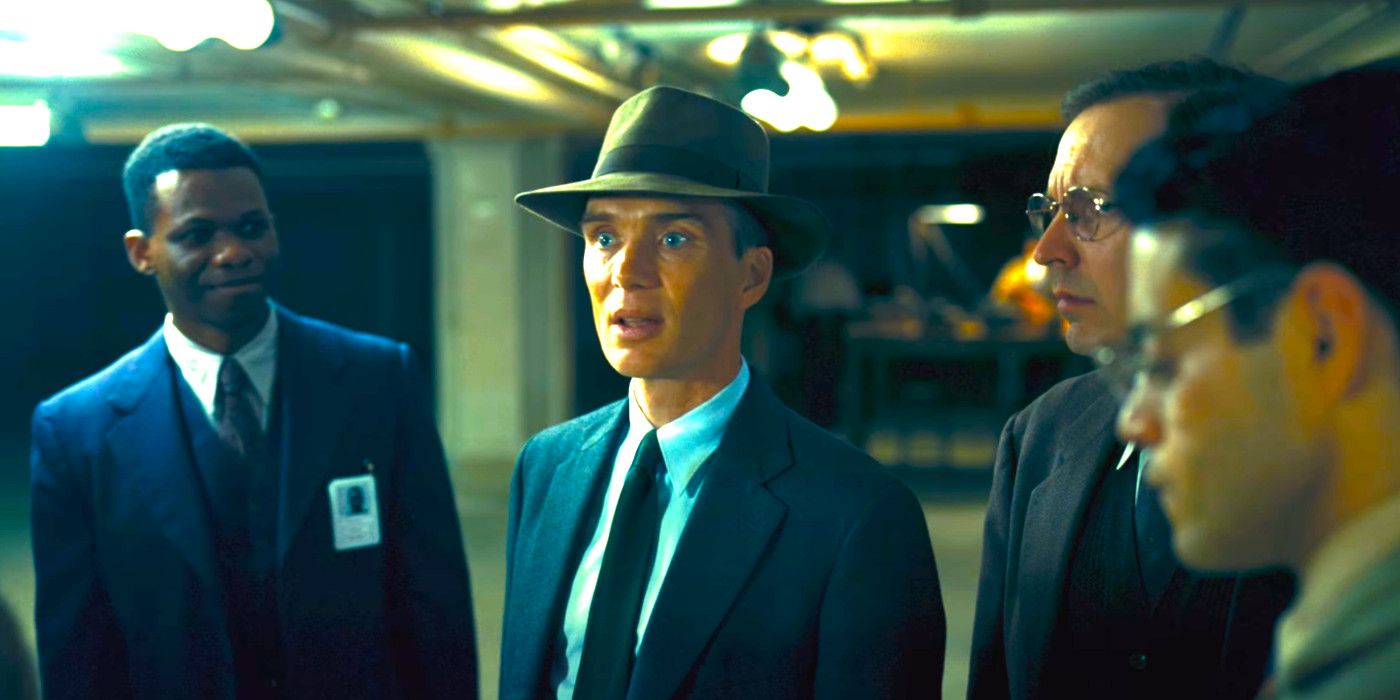
ThoughOppenheimerpaints a dramatic and clean picture of Strauss and Oppenheimer’s relationship, real life was likely much messier.
Did Lewis Strauss Regret Hating Oppenheimer?
After that debacle, he may have had regrets and found peace.
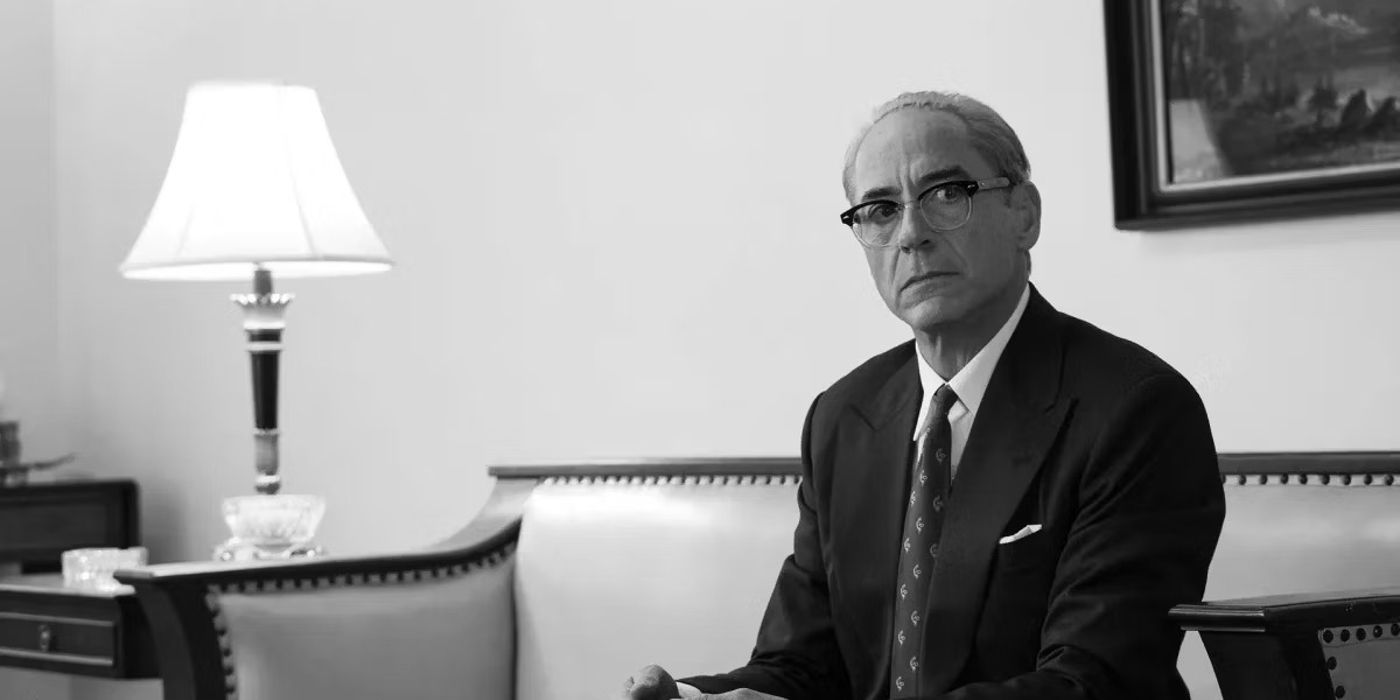
However, it is more likely that Strausscontinued to dislike Oppenheimeruntil the end.
ThoughOppenheimerpaints a dramatic and clean picture of Strauss and Oppenheimer’s relationship, real life was likely much messier.
In this way, Strauss probably never forgave and never forgot.
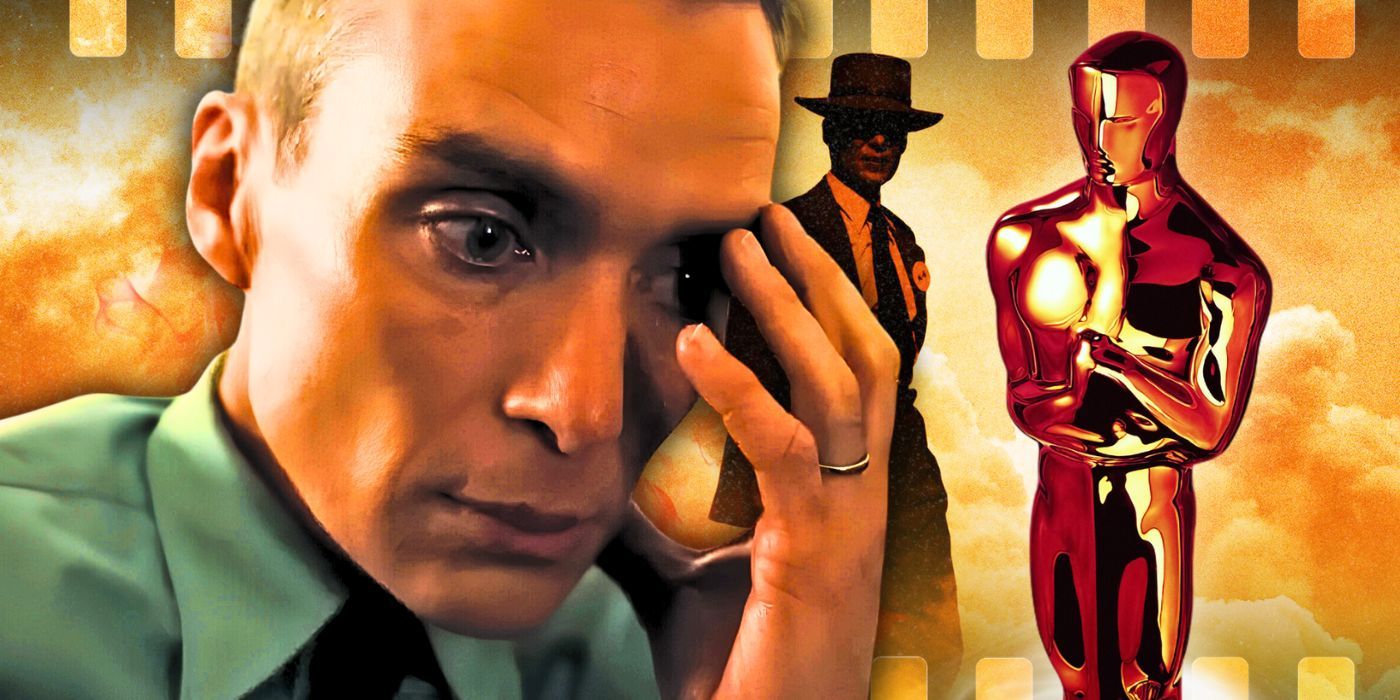
It was only the eighteenth time in U.S. history that the Senate refused a Cabinet appointee.
Perhaps most surprising of all,Downey Jr. found himself not entirely disagreeing with Strauss in the matter.
I challenged a little bit the Mozart-Salieri of it all.
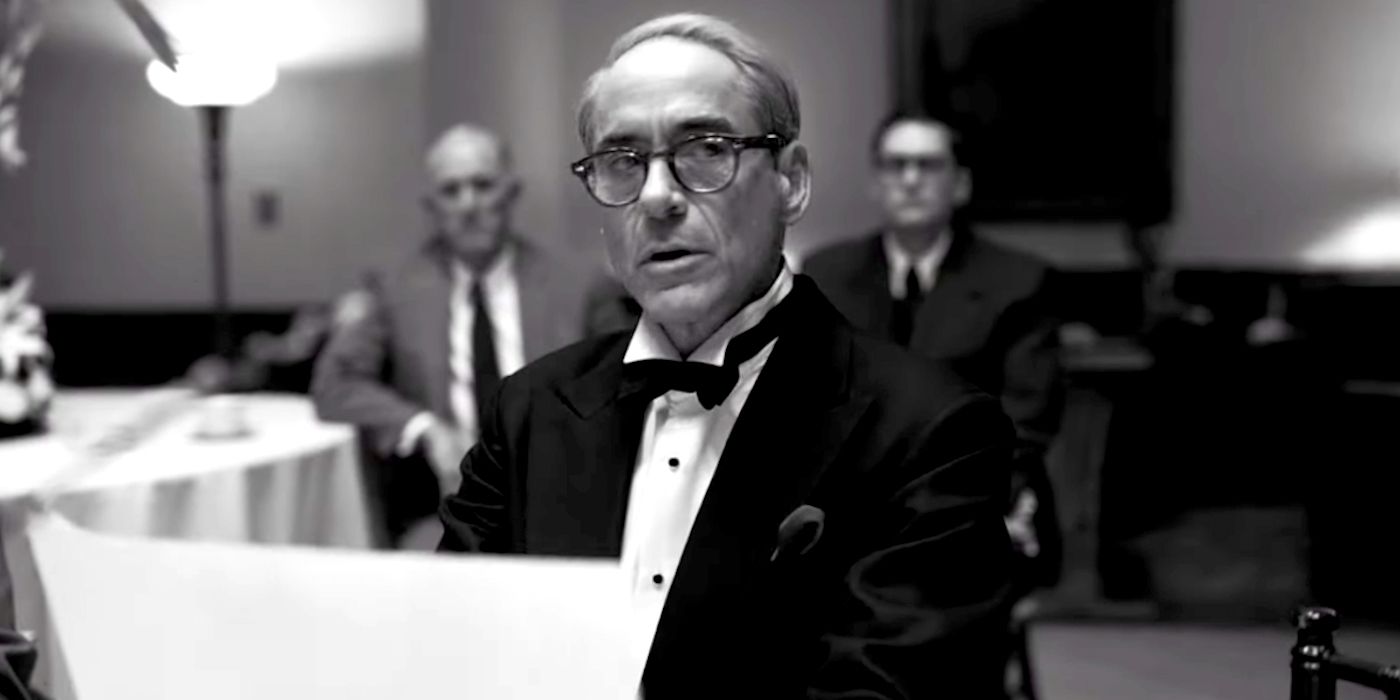
I half-jokingly challenged him on whether Admiral Strauss hadnt done everything that any patriotic American wouldve done.
And he said,Well, this will be a wonderful ongoing dialogue."



